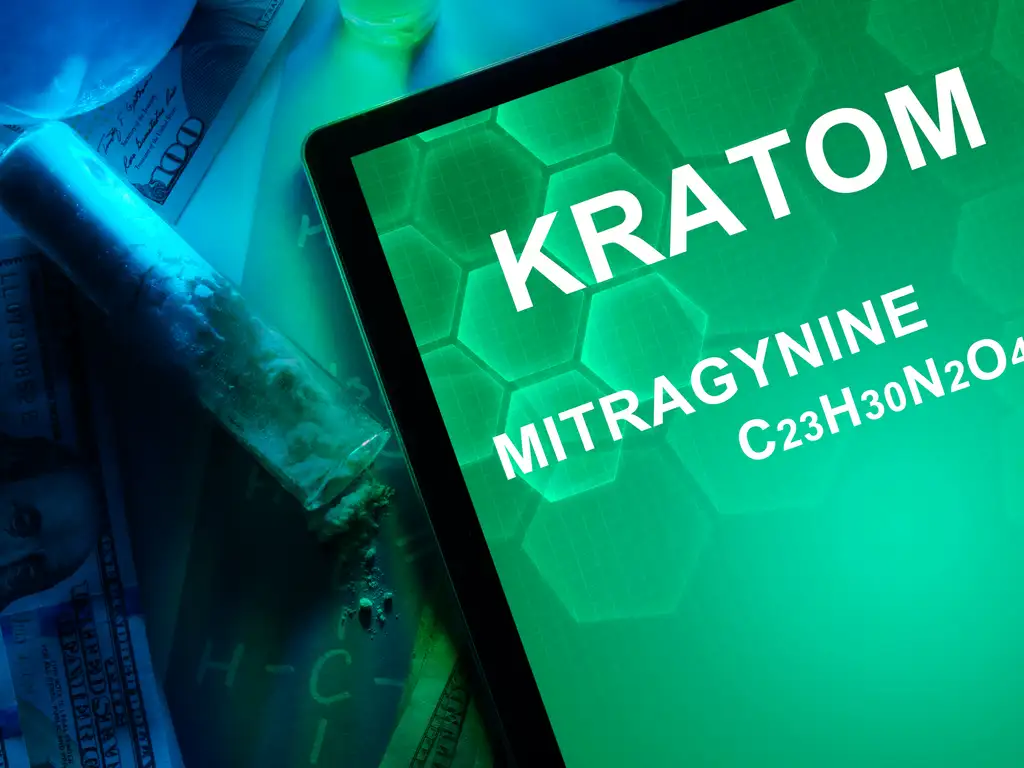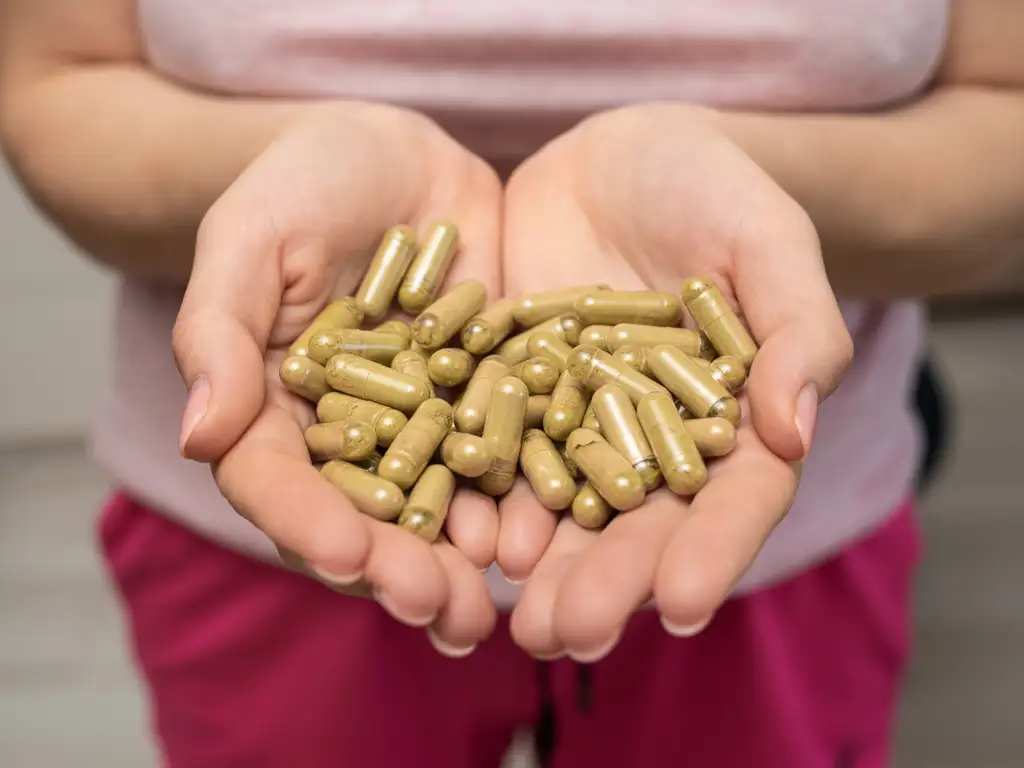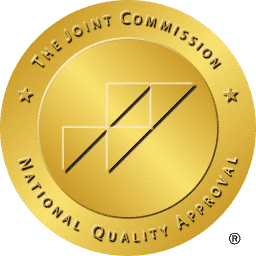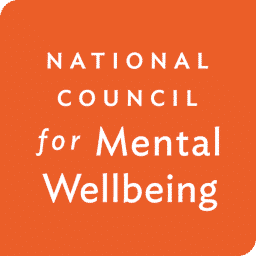Care Plus New Jersey offers addiction recovery services for adults and adolescents in New Jersey. In recent years, kratom has become increasingly popular in the United States, particularly among those looking to self-treat a dependence on opioids or chronic pain.
In New Jersey especially, discussions around kratom use, abuse, and addiction and potential regulation are ongoing. If you’re unfamiliar with this potent herbal supplement, the dangerous substance from opioid like effects or curious about its current legal status in New Jersey, this post is the perfect place to start!
Here you can learn the basics of what makes up kratom — including its primary components and possible side effects — and important details regarding delivery restrictions throughout the Garden State.
Read on for all the information you need to make an informed decision about using kratom in New jersey today.

What Is Kratom?
Kratom is a tropical tree native to Southeast Asia with a long history of use in traditional medicine. Often referred to as Mitragyna speciosa, it produces two main types of active ingredients, mitragynine, and 7-hydroxymitragynine, which produce significant physiological effects on the body, including pain relief, enhanced energy levels, stimulation of the immune system, and heightened feelings of well-being.
While this herbal drug has become increasingly popular for its beneficial effects, such as alleviating opiate withdrawal symptoms from opioids, there is not enough research to fully assess all its potential benefits and risks.
The US Food and Drug Administration (FDA) has warned the public about the safety of kratom, including the possibility of severe health risks and addiction. Since kratom has similar effects to morphine and other opioids, the possibilities of addiction and overdose are also concerns.

Is Kratom Legal in New Jersey?
Currently, kratom is not considered a controlled dangerous substance in New Jersey. This means that there are no restrictions on the purchase, possession, or consumption of kratom within the state.
Regular kratom users can accessibly buy and use kratom in New Jersey without about legal repercussions. From kratom tea to powdered kratom, capsules, and more, access is available.
People use kratom citing medical purposes hoping to provide relief without adverse effects. While it has not been recommended for medical use, it is often used for its pain relief, anti-inflammatory, and stimulant effects. It can also produce psychoactive effects.
Laws Surrounding the Sale of Kratom in New Jersey
Although kratom is not illegal to possess in the Garden State, it has several restrictions regarding its sale. Kratom retailers in New Jersey are not allowed to sell the herbal supplement to anyone under 18, and sellers must also obtain a valid license before they can legally sell it. These laws help protect consumers from potentially dangerous products that lack oversight.
Further, the New Jersey Kratom Consumer Protection Act has set guidelines for kratom retailers, including regular testing of product batches and proper and complete labeling. Mitragynine and 7-hydroxymitragynine levels must also be marked on the packaging.
The American Kratom Association
The American Kratom Association (AKA) established its Good Manufacturing Practice Program to ensure the highest quality control and safety. Buying from a GMP-certified company guarantees that you will receive a secure and reliable herbal supplement or opium substitute.
Bill A2642 – Criminalizes manufacture, sale, and possession of substances containing kratom in New Jersey.
In 2015, Ron Dancer, an Assemblyman from New Jersey, proposed a bill to criminalize all aspects of kratom, from usage and manufacturing to distribution and sales. He argued that since kratom has opioid-like effects, it should be considered illegal. However, the bill was never signed into law, and this herbal drug remains legal in New Jersey.
Although the bill was not passed, Representative Ronald Dancer, has continued to fight to criminalize the manufacture, sale, and possession of substances containing kratom.
Currently bill A2642 has been referred to the Assembly Assembly Agriculture and Food Security Committee.

Signs of Kratom Addiction
Although kratom is not a controlled dangerous substance in New Jersey, it’s important to understand the signs of addiction.
These include:
- Increased tolerance of kratom requiring higher doses for effect dose
- Physical dependence on the substance that develops over time
- Lack of control over when and how much kratom is taken
- Feelings of anxiety, restlessness, and agitation when kratom is not taken
- Spending an excessive amount of time and money on the drug
- Continued use despite negative consequences
If you or a loved one are showing these signs, it’s important to reach out for help as soon as possible. CarePlus New Jersey addiction specialists are available to provide the assistance needed to overcome kratom abuse or addiction.
Kratom Opiate Withdrawal Symptoms
While studies show that kratom may be an effective treatment for opioid withdrawal symptoms, the FDA has issued serious concerns about its potential toxicity to the body.
Although some have been successful by using kratom, Care Plus has seen people suffer from becoming dose dependent and not being under a doctors care while stopping opiate use.
If a person stops taking kratom suddenly after using it for an extended period, withdrawal symptoms could occur. These may include:
- Anxiety
- Depression
- Agitation or restlessness
- Muscle and joint pain
- Insomnia
- Nausea and vomiting
- Diarrhea
- Loss of appetite
- Tremors
- Hot flashes or chills
Serious withdrawal symptoms from a kratom product may also occur, such as respiratory depression, hallucinations, and confusion. If this happens to you or your loved one, call for immediate medical help.
Withdrawal Timeline of Kratom
The withdrawal period from kratom powder or kratom leaves can differ drastically. It is mainly decided by factors such as how much and how frequently it had been consumed before quitting, any medical or mental health conditions, if there was an issue with polysubstance abuse (i.e., alcohol dependence), and the individual’s overall physical well-being.
Typically, the onset of kratom symptoms from withdrawal will start between 12 to 48 hours after ceasing kratom consumption or use. The symptoms can last anywhere from a few days to several weeks, with peak symptoms occurring around days three to five. Symptoms usually gradually decline in intensity over time until complete resolution.
CarePlus New Jersey Helps Kratom and Herbal Drug Addiction
Treating an addiction to kratom can be a complex process. This is because many people are unaware of the potential risks of using this plant-based substance. Kratom has potent alkaloids, influencing the user’s mood and behavior through opioid-like effects.
Fortunately, there are several options for treatment. These may include:
- Detox: Detoxification is the first step in treating any substance use disorder. During this process, individuals can break their physical dependence on kratom and begin to manage their symptoms of withdrawal.
- Therapy: Various types of treatment, such as cognitive-behavioral therapy and psychotherapy, can help individuals understand their addiction, develop healthier coping skills, and gain insight into the underlying causes or mental health conditions behind their substance use.
- Support: Support groups are an important part of the recovery process. They provide a safe space for people to share their experiences and learn from one another.
- Medication: While there are currently no medications specifically approved for treating kratom addictions, certain prescription drugs can help manage withdrawal symptoms and reduce cravings. Dihydrocodeine and lofexidine are two such medications.
NSAIDs or non-steroidal anti-inflammatories can also reduce pain and inflammation associated with kratom withdrawal.
What To Do if You or Your Loved One Is Struggling With Kratom Addiction
While kratom products are sometimes considered dietary supplements, they come with risks. If you or your loved one is struggling with an addiction to this substance, below are a few steps to take.
1. Seek Professional Help
There is no shame in seeking professional help when dealing with substance abuse, especially for complex addictions. Addiction specialists at CarePlus New Jersey are the best equipped to assist their clients in navigating the road to recovery. This is especially true for kratom users. Highly trained addiction professionals possess the specialized knowledge and experience necessary to combat kratom dependency and provide support during recovery.
If you’re struggling with an addiction, don’t hesitate to seek help. Professional intervention can be life-changing and make all the difference in a difficult situation.
2. Be Honest With Your Doctor
When discussing past or current kratom use, it is essential to be open with your doctor or mental health practitioner. The more information you provide, the better equipped they are to adequately evaluate and diagnose any underlying issues contributing to physical, mental, or emotional distress.
As uncomfortable as it may seem, being forthright and honest helps ensure you obtain the best possible care, allowing them to create an individualized treatment plan to achieve better health outcomes.
Additionally, if your doctor prescribes any new medications or recommends treatment, they need to have accurate information about your kratom use to ensure that all treatment choices are right for you.
3. Educate Yourself
Educating yourself about the nature of kratom addiction and learning more about the options available for treatment can be a decisive step in the right direction. Research can help you better understand your situation and make informed treatment decisions.
Reading up on success stories of others who have overcome addiction to this substance can also be an invaluable source of inspiration and hope. Numerous forums, websites, and organizations are dedicated to helping individuals struggling with kratom addiction find hope and support in their recovery journey.
4. Establish a Support Network
Reaching out and connecting with a supportive network of family, friends, or peers that have gone through similar experiences can be incredibly helpful. Having people to talk to who understand your situation and offer encouragement is invaluable in times of difficulty.
Additionally, joining a support group or community organization that focuses on addiction recovery can be a great way to find additional resources and make lasting connections with others going through similar struggles.
5. Seek Out Alternative Treatments
Some alternative therapies and activities can help individuals recover in conjunction with traditional treatments for kratom addiction. Exercise and physical activity can be beneficial in reducing stress and promoting positive moods. Many people also find relief from cravings through meditation and other mindfulness-based practices.
Finally, complementary treatments such as massages, acupuncture, and yoga can benefit overall well-being. Participating in these activities helps reduce the symptoms of kratom addiction and serves as a powerful reminder that recovery is possible.
Conclusion
All in all, kratom products are legal substances in New Jersey and only have minor restrictions. While the drug may alleviate pain, it is essential to be informed about the potential serious health risks and side effects associated with its use.
Kratom addiction can be a complex problem, but many effective treatments are available. If you or someone you know is struggling with an addiction, our CarePlus can help. Don’t wait any longer — connect with us today and learn more about our all-encompassing addiction recovery program.
Sources:
https://pubmed.ncbi.nlm.nih.gov/32682371/
https://www.healthline.com/health/addiction/kratom-addiction#treatment
https://drugfree.org/drugs/what-is-kratom/
https://nida.nih.gov/research-topics/kratom#affect-body
https://www.fda.gov/news-events/public-health-focus/fda-and-kratom
https://nj1015.com/efforts-underway-in-nj-to-prevent-new-drug-craze/
https://www.emcdda.europa.eu/publications/drug-profiles/kratom_en

CarePlus NJ, INC. is dedicated to excellence in mental healthcare and has a commitment to life-long support needed by individuals and their families to ensure that they achieve their full potential and improve the quality of their lives.









